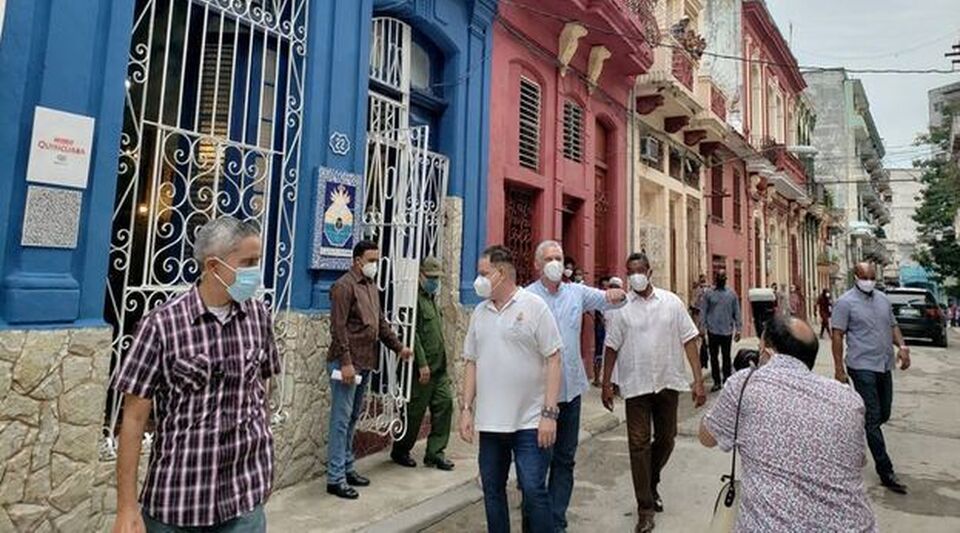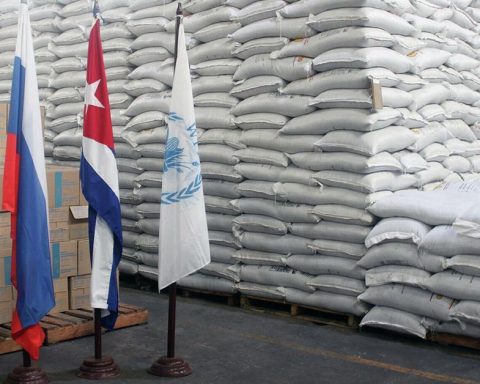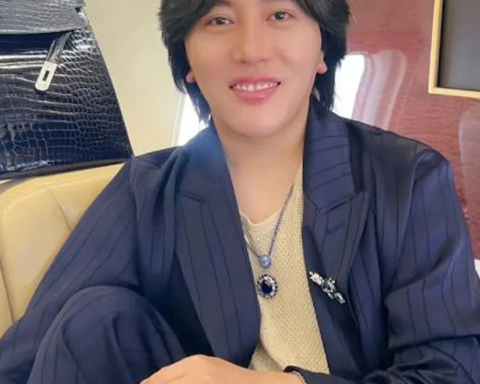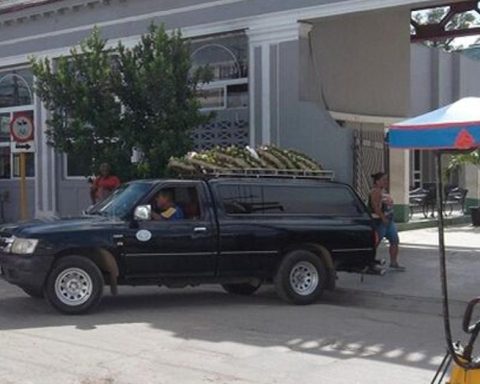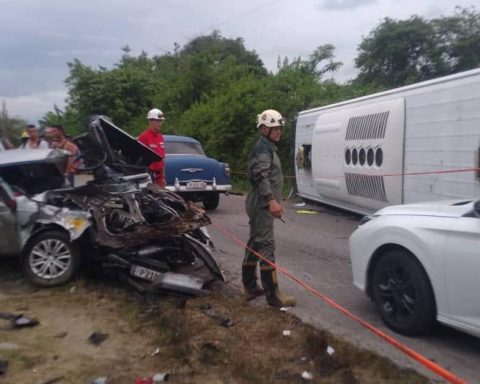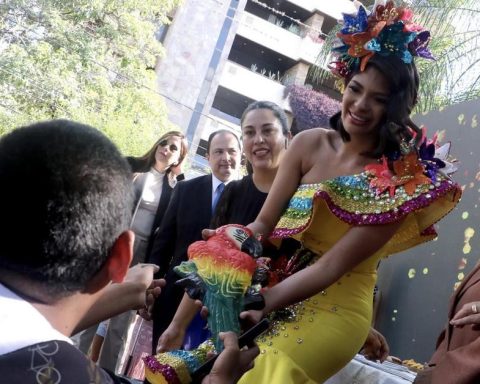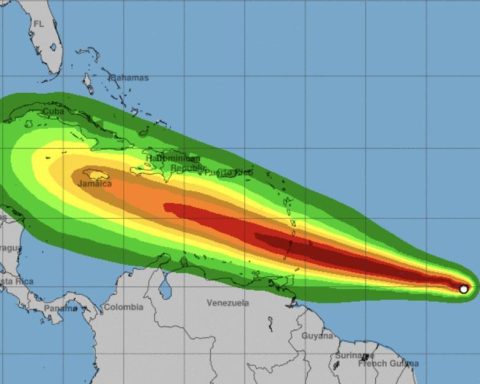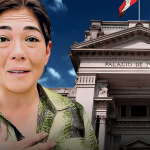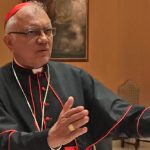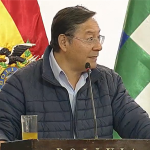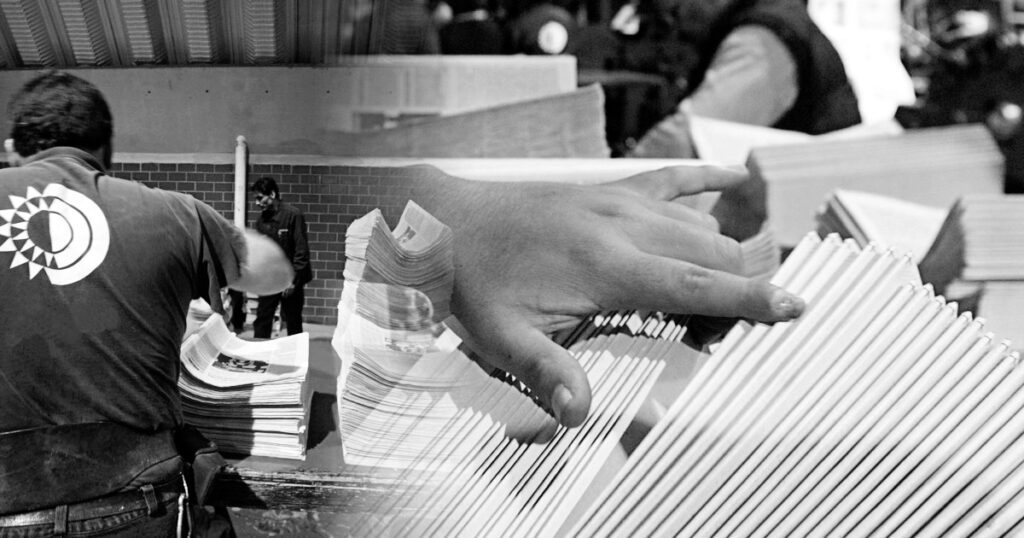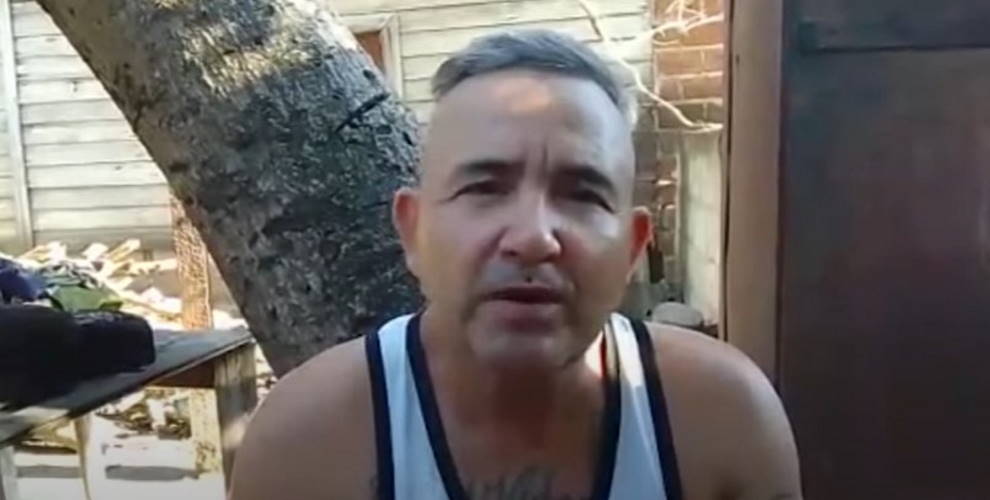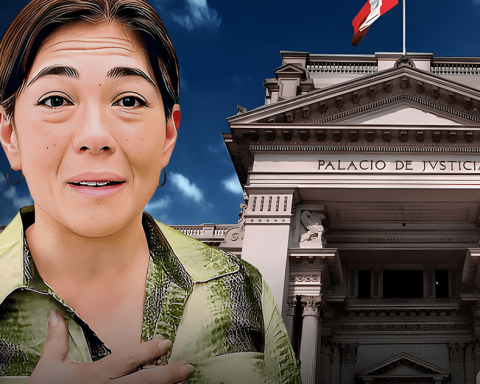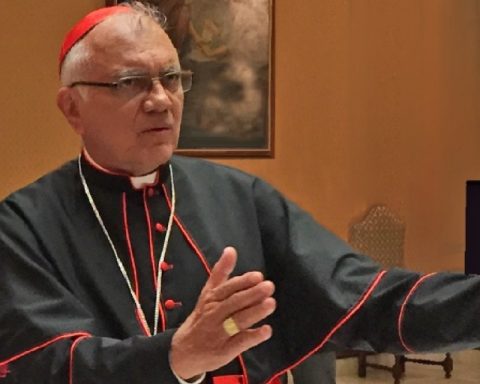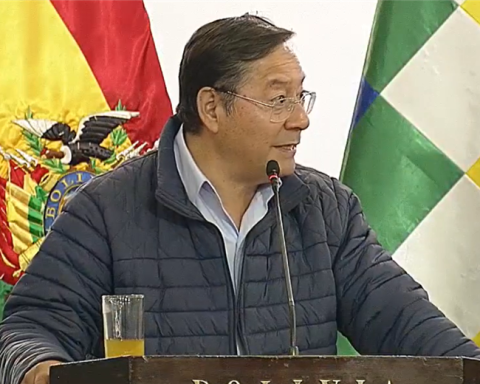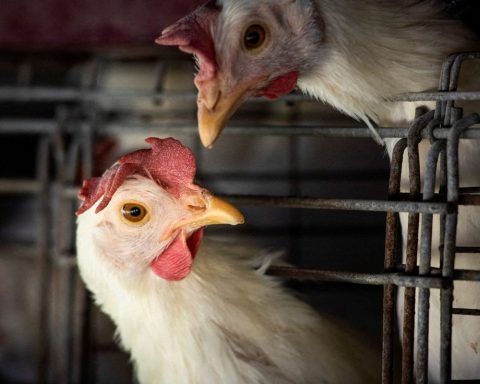The inclusion of Cuba on the black list of countries that violate religious freedom according to the US has motivated a campaign by the official press to demonstrate the contrary. This, despite the fact that several priests, nuns, pastors, santeros and practitioners of different cults have been systematically harassed by the Government.
Enrique Alemán Gutiérrez, director of the cultural project Cabildo Quisicuaba, in Central Havana, is one of the regime’s usual interlocutors to debate the issue. Hence, interviewed precisely by Granma this Wednesday, defended once again that the State “recognizes, respects and guarantees” all religions, although at no time did he admit the political role, as critical voices, that various religious leaders have assumed.
The director of Quisicuaba – a project that also has a social and religious focus – alleges that the Government has registered “innumerable institutions” in the Registry of Associations and attributes this “recognition” to the Cuban Revolution.
Alemán describes as an “achievement” that the Communist Party has admitted believers to its ranks since 1991, a membership that was strictly prohibited before the Special Period. In addition, he mentions the also deputy to the Popular Assembly, the following year the State defined itself as secular instead of atheist. Visits by religious leaders such as Patriarch Kirill, permission to spiritually care for inmates and the granting of religious visas are, in his opinion, signs of the government’s support for religion.
For Alemán, these groups are strange to the “extremely wide religious range” of Cuba, whose components have already resolved their “common points” and their coexistence
Therefore, Alemán affirms, the inclusion of Cuba among the countries that disrespect religious freedom is a strategy of “imperial politics” to “divide the people and balkanize the creed.” One must look with suspicion, he alleges, at “religious groups induced from abroad” – sects, Protestant denominations, fraternities – that “are neither so religious nor so newly formed.”
For Alemán, these groups are strange to the “extensive religious range” of Cuba, whose components have already resolved their “common points” and their coexistence within what the founder of Quisicuaba understands as “religious syncretism.” The real problem, he points out, is the blockingwhich prevents money and donations from Quisicuaba’s allies and other organizations related to the regime from reaching the island.
During the summer of this year, a report by the Madrid-based organization Prisoners Defenders demonstrated how the Cuban government had founded a network of its own religious associations, while infiltrating numerous agents into churches and fraternities.
“In the case of the Christian Churches, it has created the Council of Churches; in the Yoruba religion, the Yoruba Cultural Association; and in the Islamic religion, it has created the Islamic League of Cuba. The three organizations are controlled by State Security” , the document assured. Quisicuaba, spiritist in nature and with social projection, is part of the “strong core” of these organizations, and has received top management visits from the country.
At the beginning of December, the US State Department included Cuba and Nicaragua – where the Catholic Church and civil society have been persecuted by Daniel Ortega – on the list of countries of “special concern”, along with China, Saudi Arabia , North Korea, Russia, Iran, Pakistan, Burma, Eritrea, Tajikistan and Turkmenistan, as well as organizations such as the terrorist groups Al Shabab, Boko Haram and the Islamic State, as well as the Taliban, the Yemeni Houthis and Russian paramilitaries of the Wagner Group.
________________________
Collaborate with our work:
The team of 14ymedio He is committed to doing serious journalism that reflects the reality of deep Cuba. Thank you for accompanying us on this long road. We invite you to continue supporting us, but this time becoming a member of our newspaper. Together we can continue transforming journalism in Cuba.
